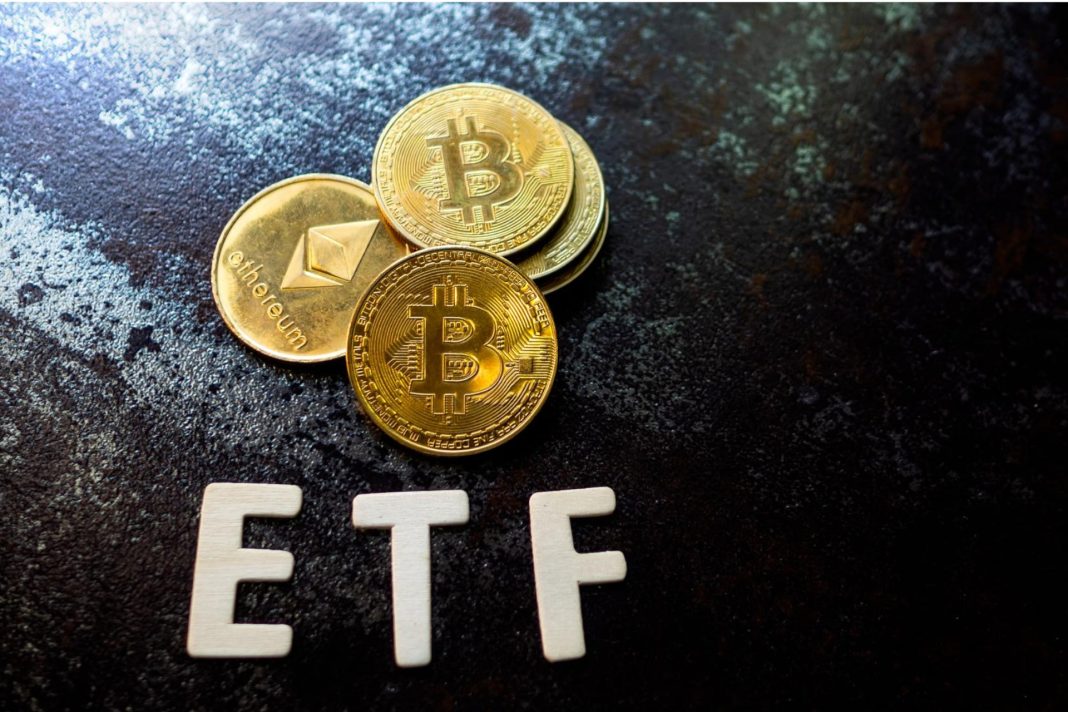When it comes to Bitcoin ETFs, the media often paints a picture of widespread adoption and long-term investment.
But is that really the case? 10x Research shared that only about 44% of the money flowing into these ETFs is from investors looking to hold Bitcoin for the long haul.
The rest? It’s mostly about making a quick buck through arbitrage strategies.
Hodl is good, but quick profit is better?
Here’s how it usually works, investors buy spot Bitcoin through ETFs while simultaneously shorting Bitcoin futures.
They profit from the difference between the spot and futures prices, a strategy known as the carry trade.
Markus Thielen from 10x Research notes that this isn’t about broad institutional adoption but rather exploiting market inefficiencies for short-term gains.
The largest holders of these ETFs are hedge funds and trading firms, not your typical long-term investors.
Since the launch of spot Bitcoin ETFs in January 2024, they’ve attracted around $39 billion in net inflows.
Now, based on the numbers, only about $17.5 billion of that is genuine long-term investment, he rest is tied up in these arbitrage strategies.
But with funding rates currently too low to make these trades profitable, hedge funds are unwinding their positions, leading to outflows from the ETFs.
Outflows here, inflows there
This might sound like bad news for Bitcoin, but it’s not as dire as it seems.
Thielen points out that these outflows are actually market-neutral, as they involve selling ETFs while buying Bitcoin futures, which offsets any directional impact on the market.
So, while the media might frame these outflows as bearish, they’re more of a neutral rebalancing act.
Interestingly, real buying flows have picked up since the U.S. presidential election, and with funding rates collapsing and retail trading volumes declining, the arbitrage game isn’t as appealing anymore.
So, what does this mean for Bitcoin ETFs? They’re still a significant player in the crypto space, but perhaps not for the reasons you might think.
It’s more about short-term trading strategies than long-term investment.
Better buy real Bitcoin?
In the end, Bitcoin ETFs are a complex mix of genuine investment and speculative trading. While they offer a regulated way to get into Bitcoin, they also reflect the traditional market dynamics, where short-term gains often overshadow long-term strategies.
So, if you’re thinking of stepping into Bitcoin ETFs, remember, it’s not just about holding onto Bitcoin, but also the world of arbitrage and market inefficiencies.
Have you read it yet? SEC drops OpenSea investigation
Disclosure:This article does not contain investment advice or recommendations. Every investment and trading move involves risk, and readers should conduct their own research when making a decision.
Kriptoworld.com accepts no liability for any errors in the articles or for any financial loss resulting from incorrect information.


